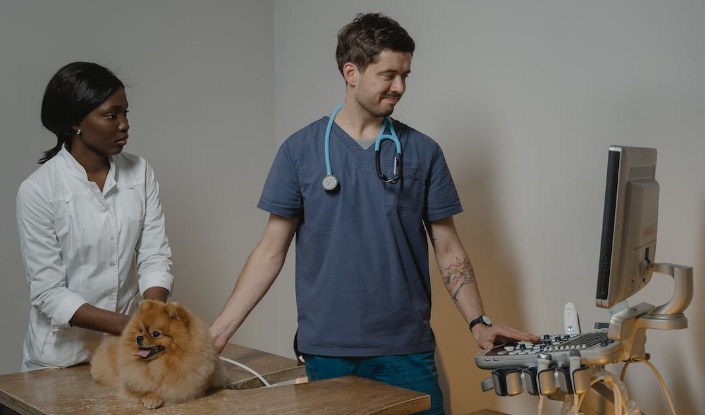Regarding pet vaccinations, several factors must be considered when deciding on the best schedule for your pet. Age and environment are two of the most critical factors impacting which vaccines your pet should receive and when they should.
Generally, puppies and kittens require more frequent vaccinations than adult pets due to their developing immune systems. Some mobile veterinarians, like the Riverview vet, will administer pet vaccinations and provide exceptional at-home service, so you can get the best care for your dog without leaving home.
Another factor to consider for timing your pet’s vaccines is the type of environment you and your pet live in, as specific settings may put them at greater risk for contracting certain diseases or illnesses. For example, suppose you often take your dog into public spaces such as parks or beaches. In that case, they may need additional protection against parvovirus or distemper, depending on where you live.
Making Sure You’re Up to Date on the Latest Veterinary Recommendations
Staying up to date on the latest veterinary recommendations is something that every pet owner should always do.
The best way to do this is to make sure you are regularly visiting your veterinarian for check-ups and vaccinations. During these visits, your vet can provide you with the most current information about your pet’s health and any new treatments or medications that may be available.
Additionally, it’s crucial to stay informed about any changes in the veterinary field by reading up on the latest research and developments. Such news can help you make more informed decisions about caring for your pet.
Finally, don’t forget to ask questions during your vet visits! Your vet should be able to answer any questions you have about your pet’s health and provide advice on how best to care for them.
Potential Side Effects of Pet Vaccines
Vaccines, like any medical procedure, may have potential side effects for a pet. The most common side effects include soreness, swelling, or redness at the injection site; lethargy; decreased appetite; and fever.
In some cases, more severe reactions such as facial swelling, hives, vomiting, diarrhea, difficulty breathing, or collapse may occur. If you notice any of these symptoms in your pet after they receive a vaccine, contact your veterinarian immediately.
Monitoring your pet for several days after vaccination is also essential to ensure no other symptoms arise. Your veterinarian will be able to provide advice on how to best care for your pet during this time and monitor them for any signs of adverse reactions.

